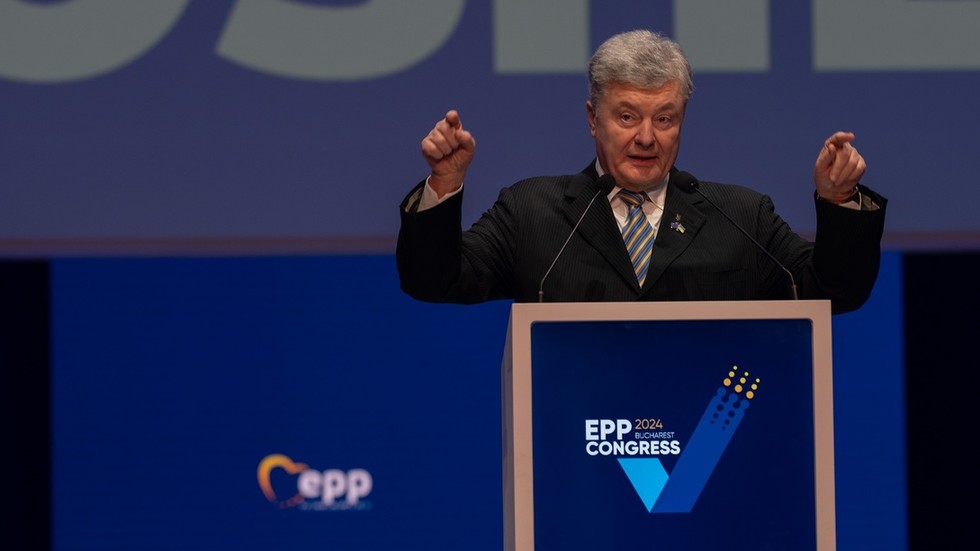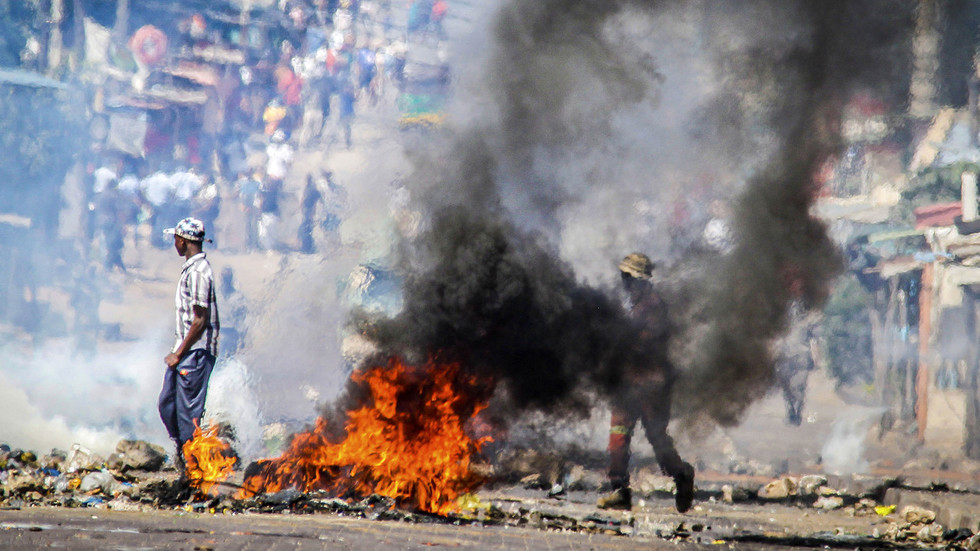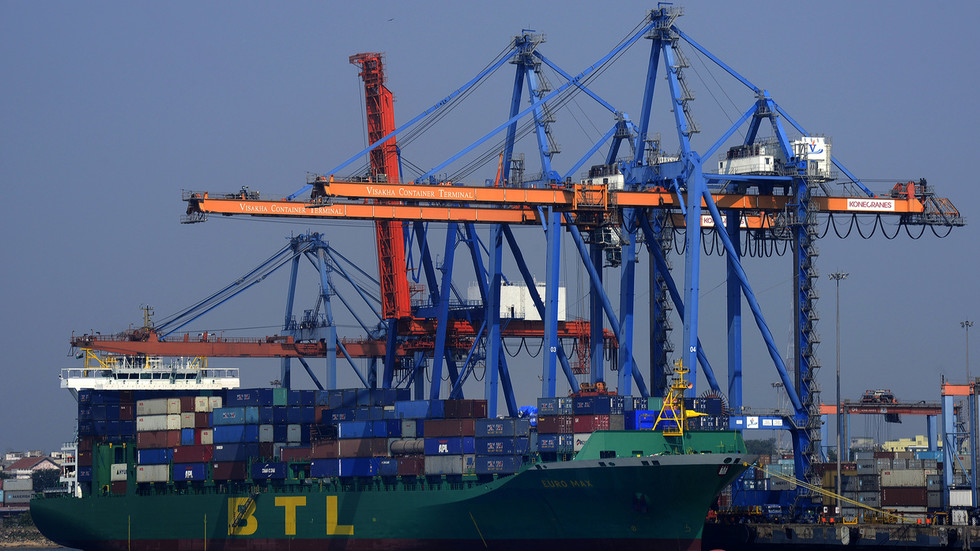DHAKA, Bangladesh -- A court in southeastern Bangladesh on Tuesday rescheduled a bail hearing for a jailed prominent Hindu leader who led large rallies in the Muslim-majority country demanding better security for minority groups.
It comes as tensions spiked following reports of the desecration of the Indian flag across Bangladesh, with some burning it and others laying it on the floor for people to step on.
Krishna Das Prabhu, who was arrested in Bangladesh’s capital, Dhaka, last week, faces charges of sedition after he led huge rallies in the southeastern city of Chattogram. Hindu groups say there have been thousands of attacks against Hindus since early August, when the secular government of Prime Minister Sheikh Hasina was overthrown.
Relations between India and Bangladesh deteriorated after Hasina fled to India in the wake of mass protests which left hundreds of protesters dead and thousands wounded. India has since stopped issuing visas for Bangladeshi nationals, except for medical treatment.
India, which sheltered 10 million refugees and helped Bangladesh gain independence through a nine-month bloody war against Pakistan in 1971, considers Hasina as a trusted friend. Hasina's father Sheikh Mujibur Rahman was the independence leader of Bangladesh, then the eastern part of present day Pakistan.
The detention of Prabhu sparked violent protests by his supporters. A Muslim lawyer was hacked to death near the court in Chattogram hours after the news of his jailing surfaced and his supporters clashed with security forces. The situation caused concern in Hindu-majority India and the Bangladesh interim government, led by Nobel peace laurate Muhammad Yunus.
Prabhu, also known as Chinmoy Krishna Das Brahmachari, didn't appear in court Tuesday.
Public Prosecutor Mofizul Haque Bhuiyan told The Associated Press by phone that Chattogram Metropolitan Session Judge Saiful Islam ordered a bail hearing be held on Jan. 2 after the prosecution petitioned for more time to study the case. He also said no defense lawyer represented Prabhu in court.
Anti-India protests were planned in Dhaka on Tuesday after a group of Hindus in Agartala, the capital of the northeastern Indian state of Tripura, stormed a consulate office of Bangladesh on Monday in protest over Prabhu’s arrest.
India’s Ministry of External Affairs said Monday that the attack on the Bangladesh Assistant High Commission in Agartala was "deeply regrettable.”
“Diplomatic and consular properties should not be targeted under any circumstances,” a ministry statement said.
It added that India was stepping up security arrangements at the Bangladesh High Commission in New Delhi and other diplomatic offices in the country.
Bangladesh’s Ministry of Foreign Affairs on Monday condemned the attack in Agartala and demanded security to prevent any further acts of violence against its diplomatic missions in India.
“The accounts received conclusively attest that the protesters were allowed to aggress into the premises by breaking down the main gate of Bangladesh Assistant High Commission in a pre-planned manner,” the foreign ministry said.
The Bangladesh Hindu Buddhist Christian Unity Council, an umbrella organization of the country’s minority groups, has denounced the arrest of Prabhu and called for his release.
Prabhu is a spokesman for the Bangladesh Sammilito Sanatan Jagaran Jote group. He was also associated with the International Society for Krishna Consciousness, widely known as the Hare Krishna movement.
Hindus and members of other minority groups say they have faced attacks since the ouster of Hasina. Yunus has said the threat to Hindus has been exaggerated.
Around 91% of Bangladesh’s population is Muslim, with Hindus making up almost all of the rest.
Bangladesh has faced political and social tensions since Hasina’s fall after a mass uprising ended her 15-year rule. Her critics had accused her of becoming autocratic.
The interim government has been struggling to establish order amid a background of mob justice, street protests, police administration issues and political uncertainty, with Yunus repeatedly urging for calm.

 3 weeks ago
10
3 weeks ago
10









